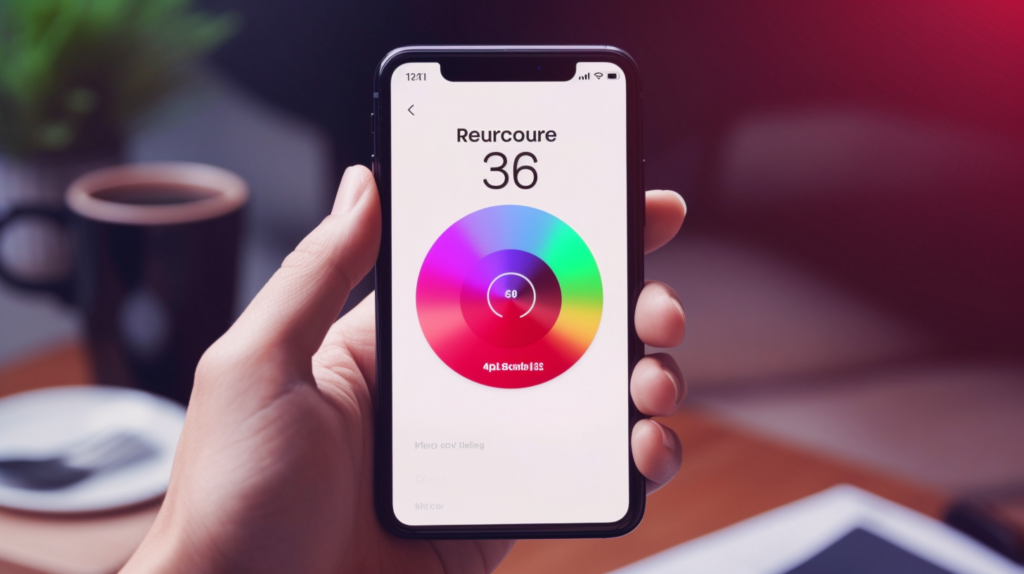Managing finances responsibly is crucial in today’s world. However, unexpected expenses or budgeting mistakes can sometimes result in overdrawing your account.
In this article, we will explore the topic of how many times you can overdraft your account, understanding the consequences, and providing practical tips for effective management.
What is an Overdraft?
Before delving into the details, it’s essential to have a clear understanding of what an overdraft is. An overdraft occurs when you spend more money than you have available in your bank account.
Essentially, it allows you to make purchases or withdraw money even if your account balance is insufficient.
How Does an Overdraft Work?
When you overdraft your account, the bank covers the difference between the transaction amount and your available balance. This temporary loan is subject to interest or fees, depending on the type of overdraft you have.
Types of Overdrafts
There are two main types of overdrafts: bank overdrafts and line of credit overdrafts. Bank overdrafts are provided by banks as a service to their customers and may involve high fees and interest rates.
Line of credit overdrafts, on the other hand, are often offered by credit unions and come with lower interest rates, as they are designed to serve as a safety net for account holders.

How Many Times Can You Overdraft Your Account?
The number of times you can overdraft your account largely depends on several factors, including your bank’s policies, your account balance, credit limits, prior overdraft history, and your individual financial situation.
Each bank has its own regulations regarding overdrafts. Here are the factors that determine the number of times you can overdraft your account:
Bank policy and fees
Different banks have varying policies, which can range from allowing multiple overdrafts to placing restrictions after a certain number of occurrences.
Some banks may charge a flat fee per overdraft transaction, while others have daily limits on the number of overdrafts allowed.
Account balance and credit limit
Your account balance and credit limit also play a significant role in determining how many times you can overdraft your account.
If you have a higher account balance or a line of credit attached to your account, you may have more flexibility in overdrawing funds.
However, it is important to note that frequent overdrafts can reduce your account balance and credit limits over time.
Prior Overdraft History
Previous overdraft behavior is typically taken into consideration by banks when assessing the number of times you can overdraft your account.
If you have a history of frequently overdrawing your account, banks may be more likely to restrict your overdraft privileges to encourage responsible financial behavior.
Individual Financial Situation
Lastly, your individual financial situation will impact how many times you can overdraft your account. If you have a steady income and sufficient savings, you may have more leeway in overdrafting.
However, individuals with unstable finances or excessive debt may find it difficult to overdraft their accounts repeatedly.
Consequences of Overdrafting Multiple Times
While overdrafting your account occasionally may be unavoidable, repeatedly overdrafting can have several negative consequences:
Accumulation of Overdraft Fees
One of the primary consequences of multiple overdrafts is the accumulation of fees. Banks often charge a flat fee per overdraft transaction, which can quickly add up if you repeatedly overdraw your account. These fees can erode your available funds and create a strain on your financial situation.

Negative Impact on Credit Score
Frequent overdrafting can also have a detrimental effect on your credit score. Your credit score reflects your creditworthiness and is used by lenders to assess your financial reliability.
When you overdraw your account multiple times, it signals to lenders that you may not have control over your finances, leading to lower credit scores.
Potential Account Closure or Restrictions
Banks have the discretion to close your account or restrict certain services if they deem your overdraft behavior to be excessive or risky. This can impact your ability to open new accounts or access certain financial services in the future.
Legal Actions and Debt Collection
In extreme cases, banks may take legal actions against customers who repeatedly overdraw their accounts without repayment. This can result in collection agencies pursuing outstanding debts and negatively affect your financial reputation.
Managing Overdrafts Effectively
To avoid or minimize the impact of overdrafts, here are some effective strategies:
Establishing a Budget and Tracking Expenses
Creating a budget allows you to prioritize expenses and avoid overspending. By tracking your expenses diligently, you can gain a better understanding of where your money is going and identify potential areas for improvement.
Monitoring Account Balance Regularly
Regularly checking your account balance helps you stay aware of your available funds and reduces the risk of overdrawing your account. Online banking and mobile apps make it easier than ever to keep track of your balance in real-time.
Opting for Overdraft Protection
Many banks offer overdraft protection services that link your account to a savings account or a line of credit. This can provide an additional buffer in case of emergencies and help prevent overdraft fees.
Communication with the Bank or Credit Union
If you find yourself in a situation where you might need to overdraft your account, it is wise to communicate with your bank or credit union.
They may be able to offer alternative solutions or provide guidance on how to manage your finances more effectively.

Seeking Financial Counseling or Assistance
In cases where you are struggling with chronic overdrafts or financial hardships, seeking professional help from a financial counselor or advisor can be beneficial.
They can assist you in creating a personalized financial plan and offer guidance on improving your financial situation.
Frequently Asked Questions
Is there a maximum number of times I can overdraw my account?
Banks have different policies, and there is no universal maximum. However, frequently overdrawing your account can lead to restrictions or account closure.
How much do overdraft fees typically cost?
Overdraft fees can vary, but they typically range from $20 to $40 per transaction. It’s important to check your bank’s specific fee schedule to understand the costs.
Can I opt-out of overdraft protection?
Yes, you can generally opt-out of overdraft protection. However, consider the potential consequences, such as declined transactions and returned payment fees, before making a decision.
What are some alternatives to overdrafting?
Alternatives to overdrafting include building an emergency fund, utilizing credit cards responsibly, and seeking low-interest personal loans.
Will overdrafting my account affect my credit score?
Overdrafting your account itself does not directly impact your credit score. However, if debt collection agencies become involved, it can potentially have a negative effect.
Pro Tips for Avoiding Overdrafts
To minimize the risk of overdrawing your account, consider the following tips:
- Keep a buffer amount in your account.
- Set up alerts for low balances.
- Automate bill payments to avoid missed payments.
- Prioritize essential expenses over discretionary ones.
Conclusion
Although overdrafting your account can be a convenient option during financial emergencies, it is essential to understand the associated risks and consequences.
By managing your finances responsibly, keeping track of your account balance, and exploring alternative financial solutions, you can avoid excessive overdrafts and ensure a healthier financial future.
Remember, seeking professional advice is always a wise choice if you find yourself struggling with chronic overdrafting or financial challenges.


 Tags:
Tags:










